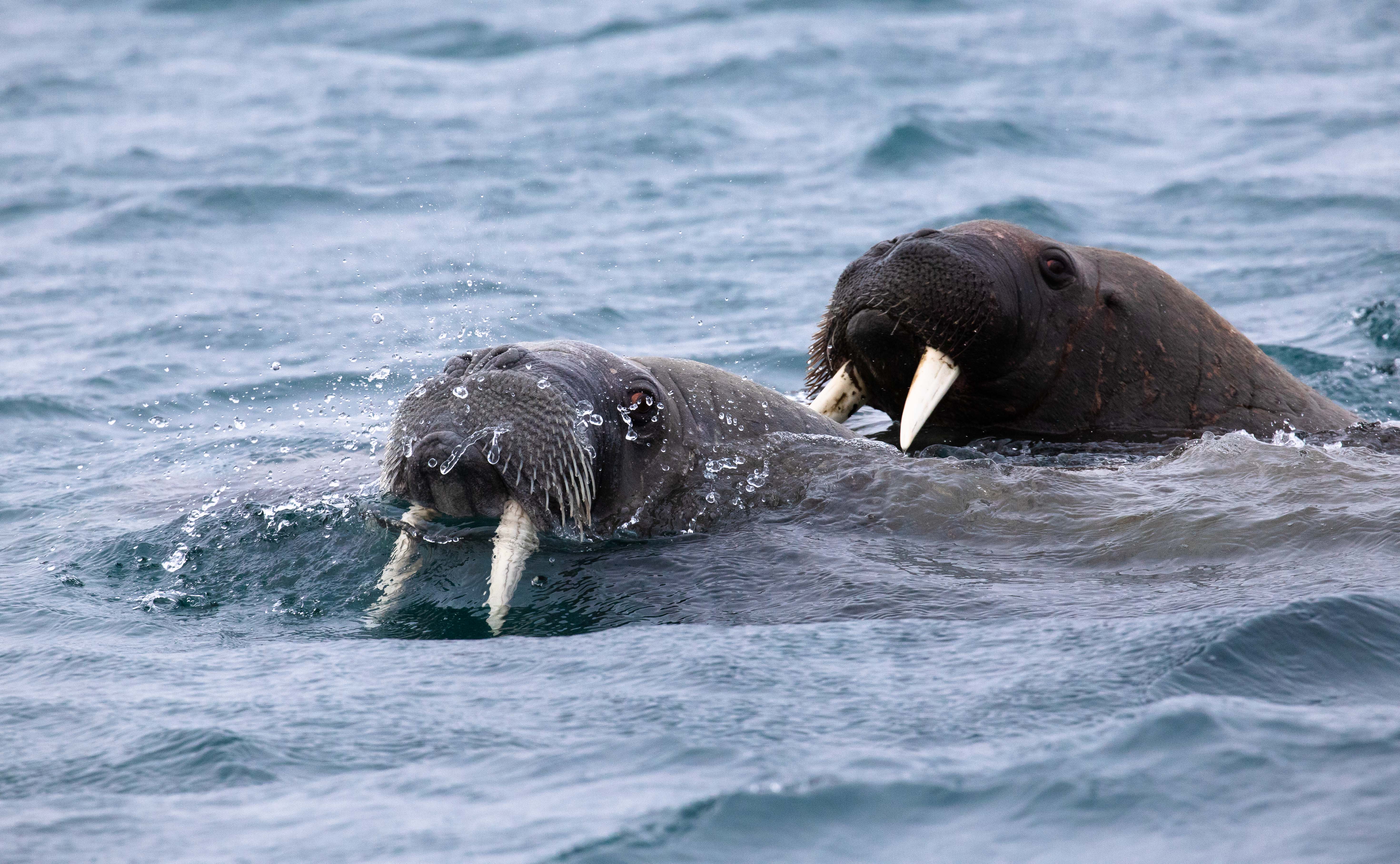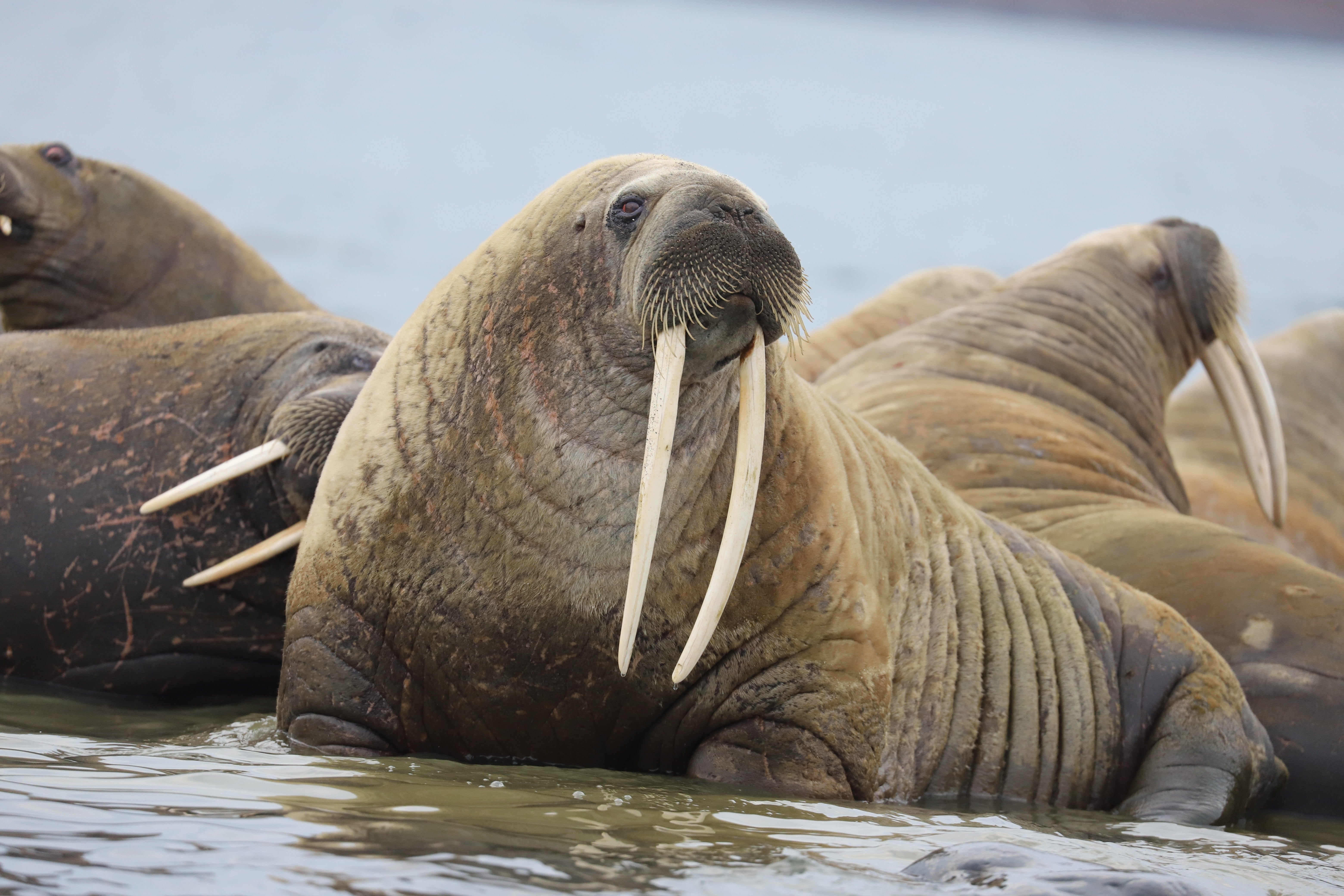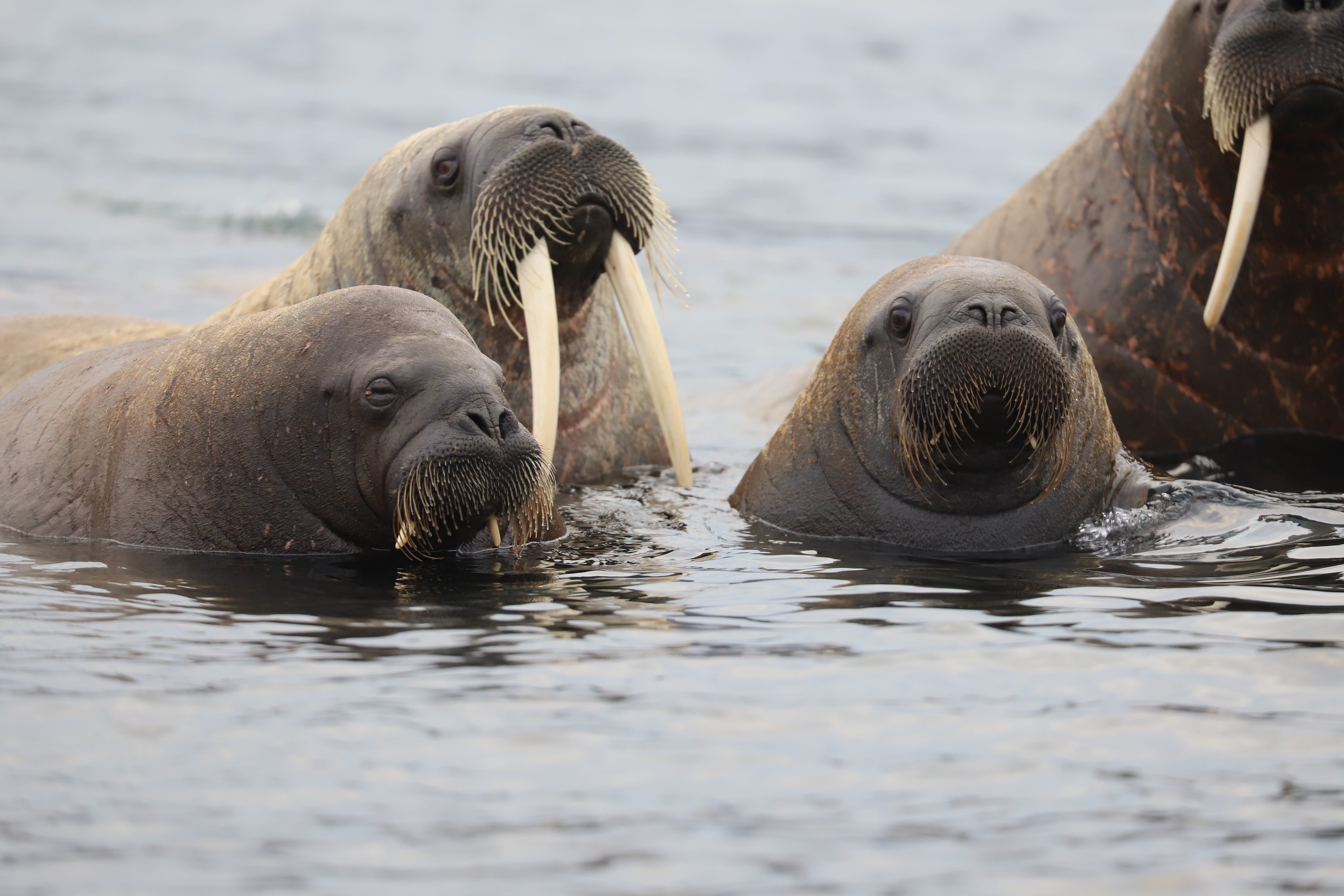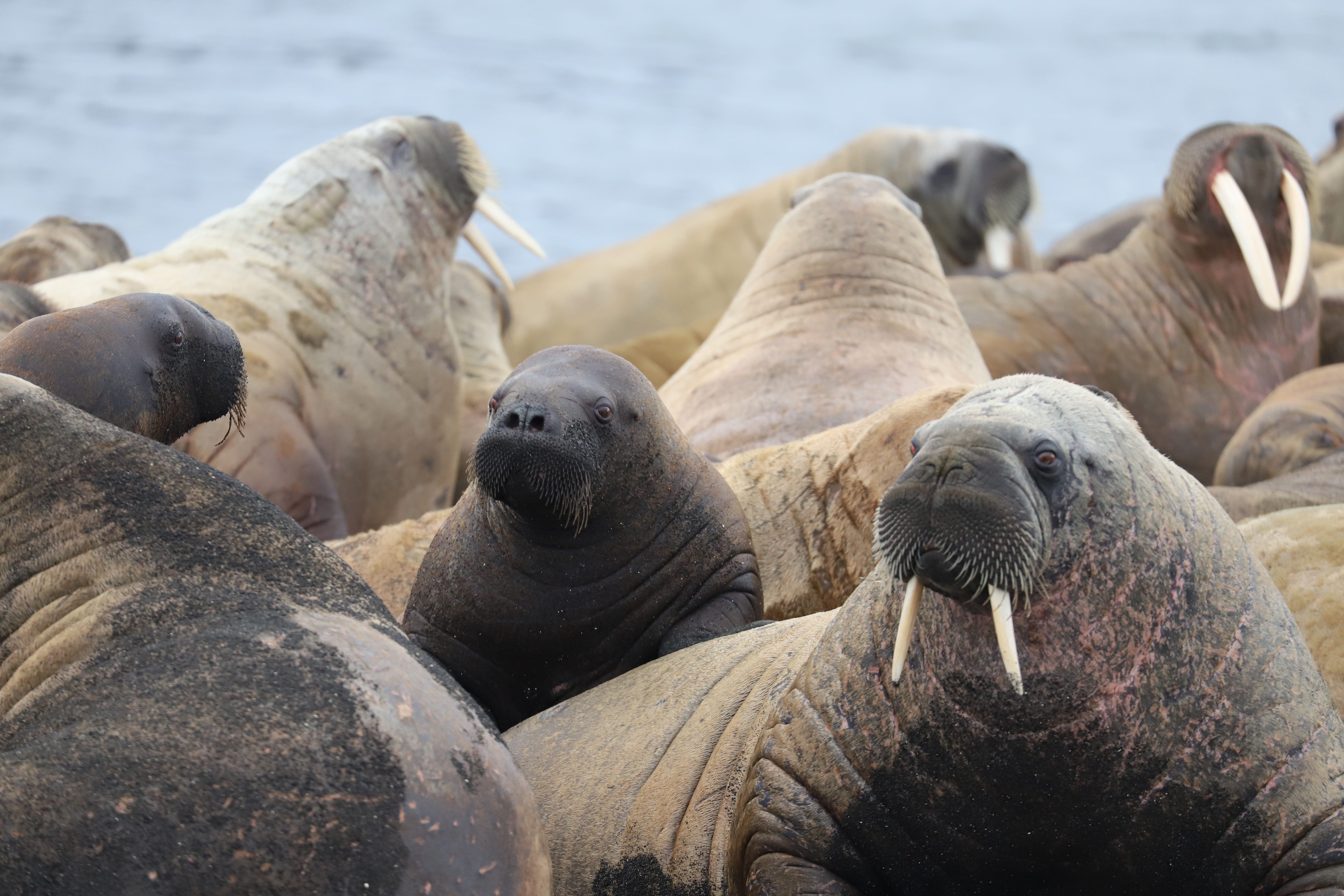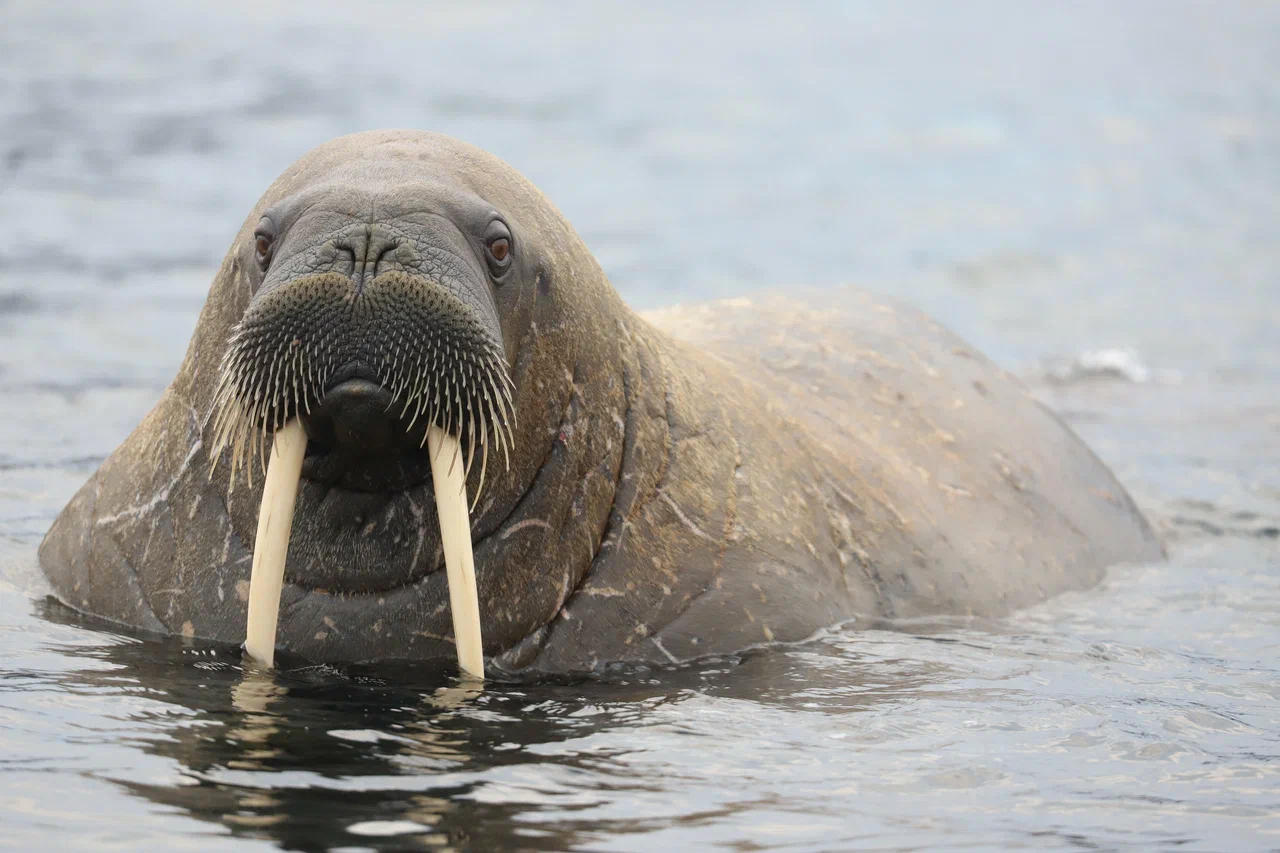
In 2022 Rosneft, as part of the Ecology national project, conducted three expeditions to hard-to-reach and little-studied regions of the Russian Arctic. This was announced at a press conference in Moscow by representatives of the company. In the current field season, scientists have studied populations of ivory gulls, the Atlantic subspecies of walrus and wild reindeer.
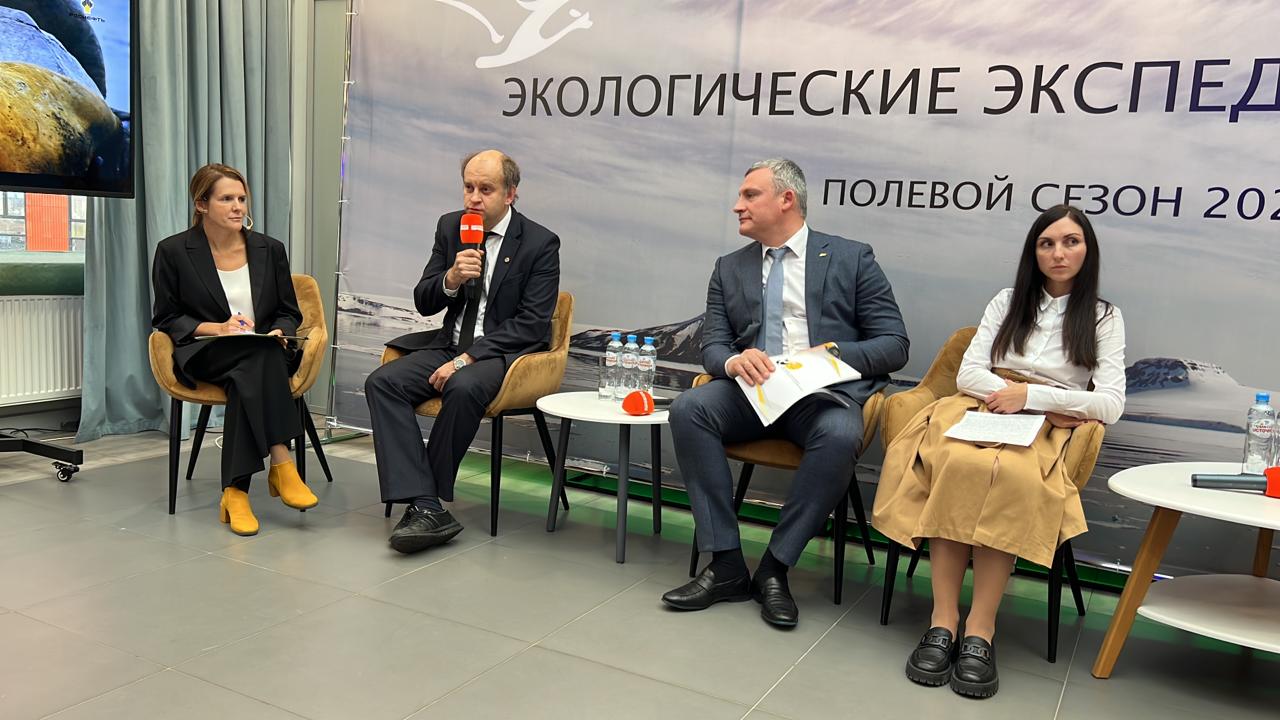
Rosneft is conducting research on the conservation and monitoring of key bioindicator species of Arctic ecosystems in accordance with an agreement signed in 2019 with the Ministry of Natural Resources and Ecology. The specialists of the Company and the country's leading specialized scientific institutes spent a total of more than 14 months on expeditions. With the help of installed camera traps, they took 200,000 photographs. Over 600 biological samples were selected for laboratory analyses. Field work in 2022 was the final for the project. Based on their results, practical solutions for environmental protection at the Company's licensed areas will be developed.
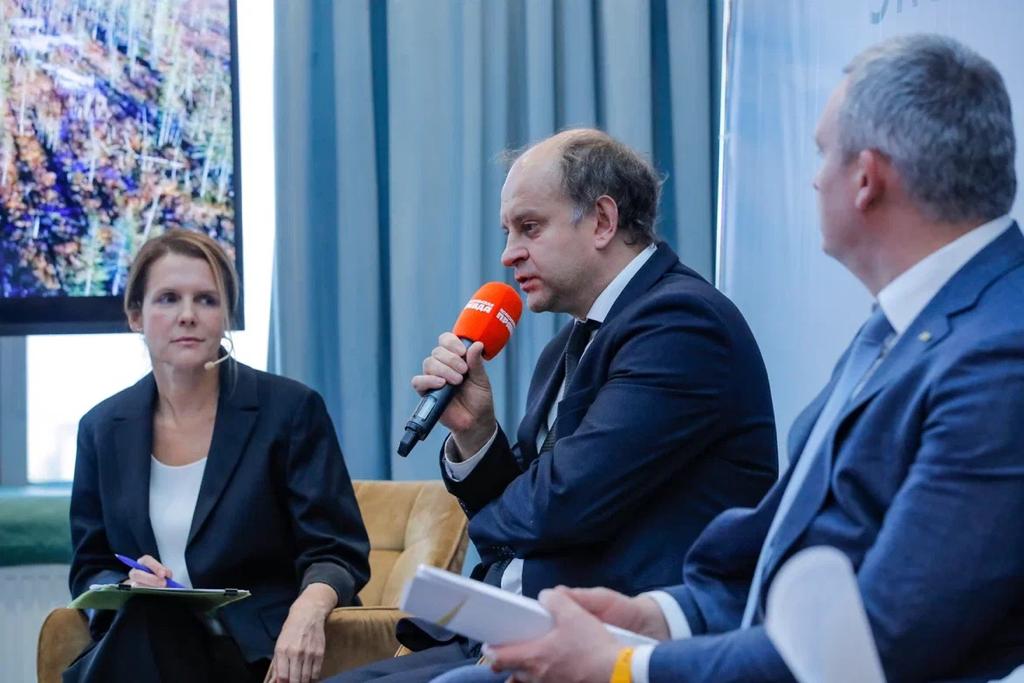
Employees of IEE RAS in 2022 participated in the voyage "Floating University" on the route Dikson - Franz Josef Land - Arkhangelsk. During the voyage, the main point of observation were walruses. The largest animal rookery this year was found on the island of Hayes. 658 individuals (previously recorded no more than 150) stayed away from the water - such behavior of animals on this island has not been previously described in the scientific literature. Director of IEE RAS, Professor, Corresponding member of RAS Sergey Valerievich Naidenko and Svetlana Mikhailovna Artemyeva, researcher at IEE RAS, head of the expedition, head of work on the study of walrus within the framework of the Biodiversity Conservation Program of Rosneft.
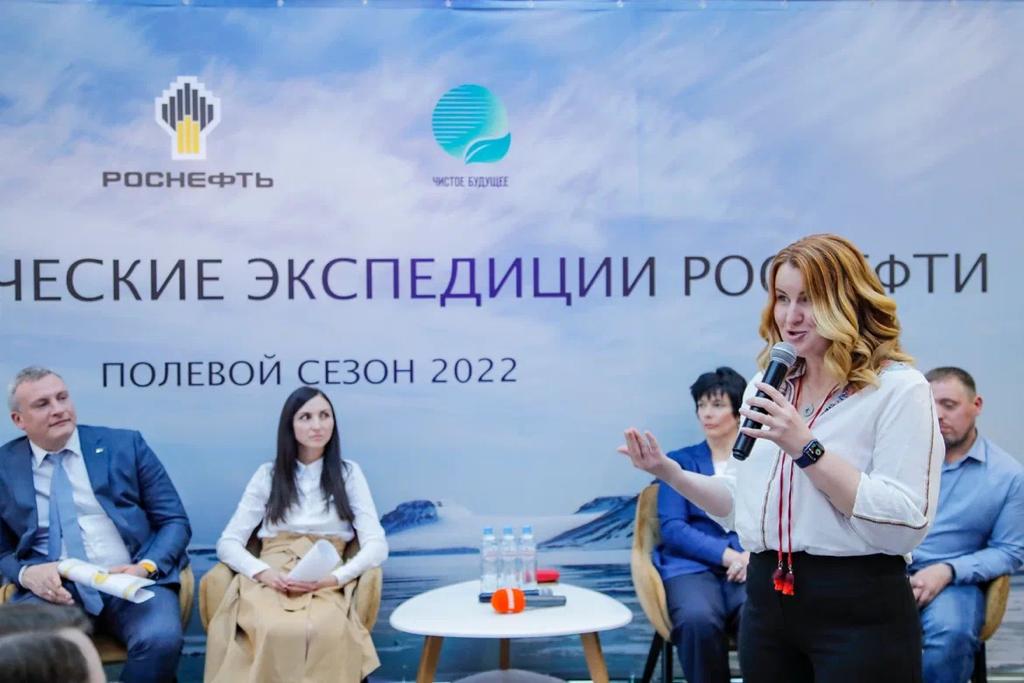
Earlier in 2020/21, scientists from IEE RAS studied the behavior of polar bears on the islands of the Novaya Zemlya and Franz Josef Land archipelagos as part of the project. The tasks of the expeditions included: to determine the frequency of predator encounters, to carry out morphometric measurements and to equip animals with satellite transmitters to study migration routes.
In 2021, in the spring, work was also carried out on the island of Alexandra Land (Franz Josef Land archipelago). Specialists observed the animals during the period when females left their birth dens. The total length of the routes of the expedition was more than one and a half thousand kilometers. Three females were collared with Argos satellite transmitters. The first data from the transmitters recorded the migration of she-bears with cubs along fast ice from the island of Alexandra Land to the island of Georg Land and their exploration of the coastal bays of this island.
The data collected during the Rosneft expeditions will make it possible to update the modern understanding of the ranges of the studied species.
Related materials:
Ministry of Natural Resources of Russia: "Подведены итоги трех экспедиций 2022 года по изучению экосистем труднодоступных районов российской Арктики в рамках нацпроекта «Экология»"

